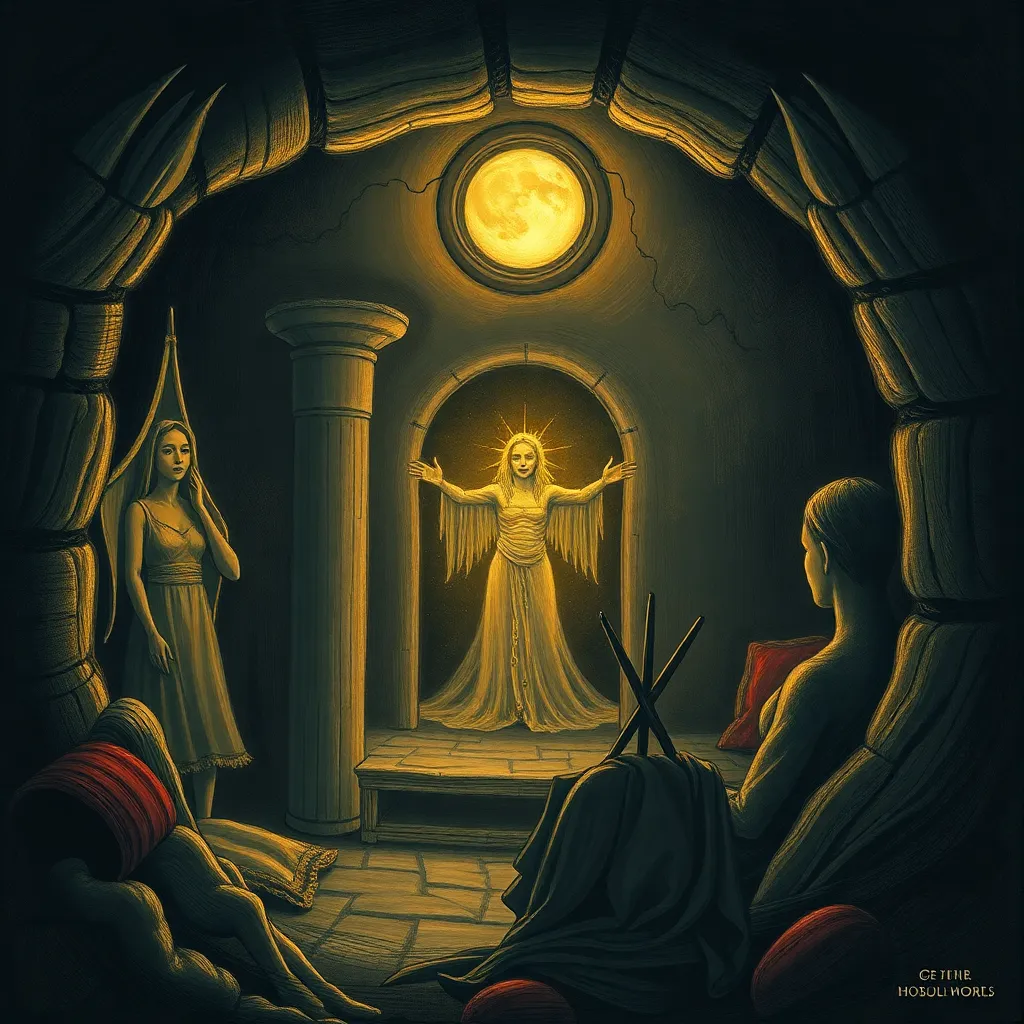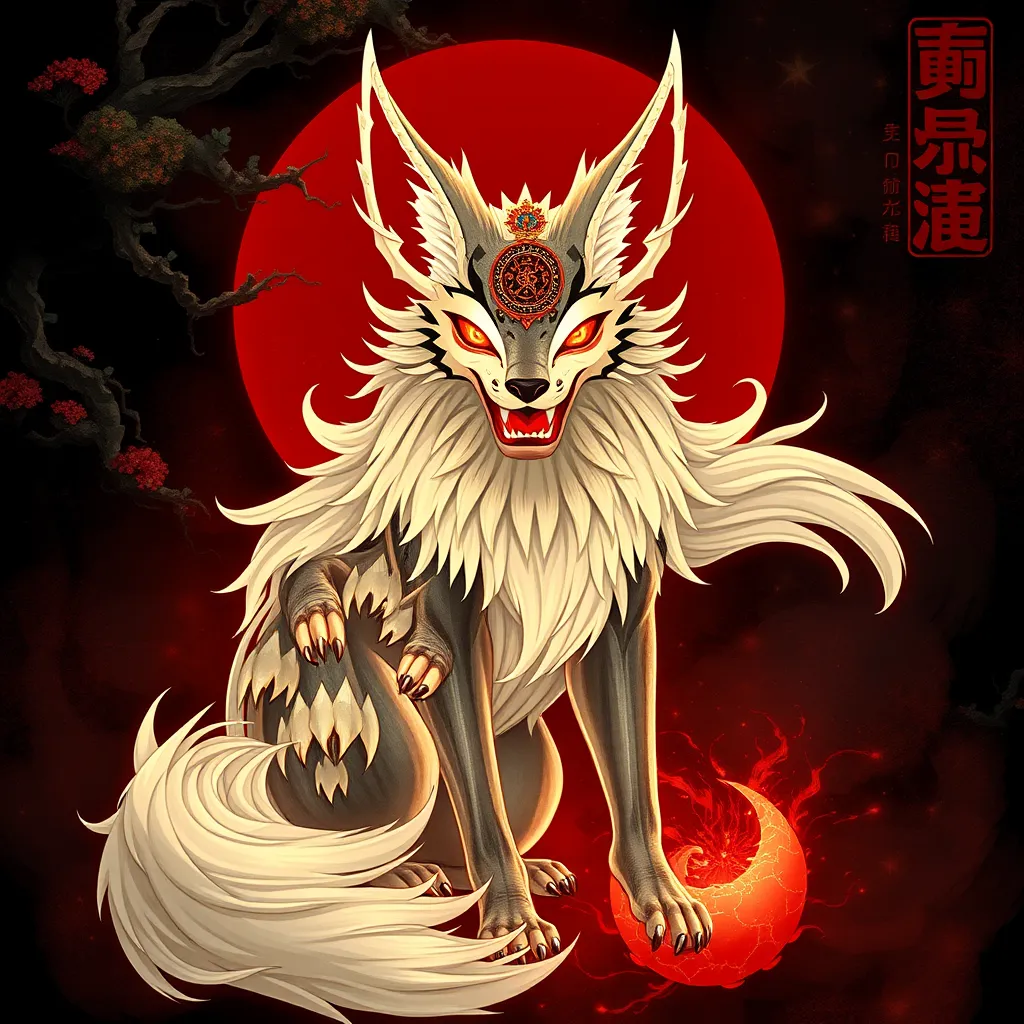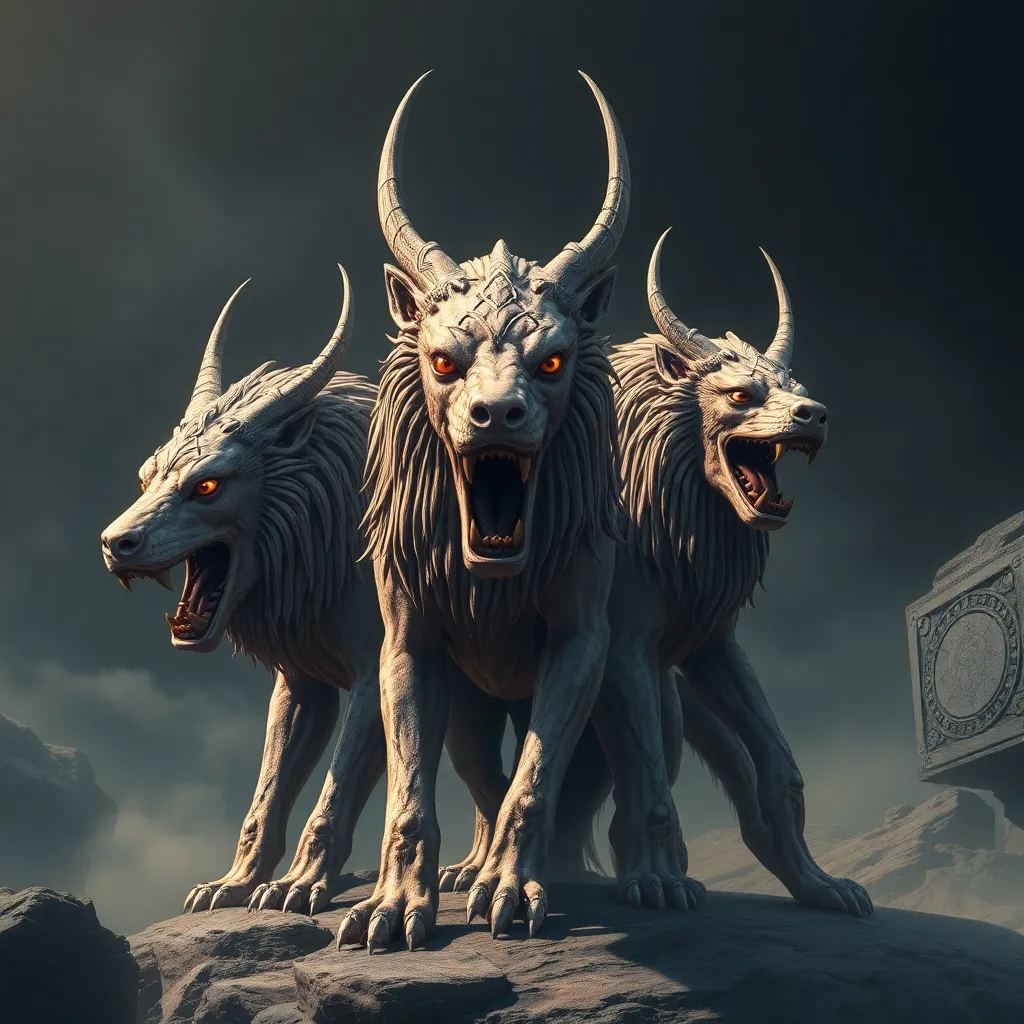The Haunting of the Islands: Exploring the Legends of the Polynesian Tupua
I. Introduction to the Tupua
The Tupua holds a significant place in Polynesian culture, representing a unique blend of spirituality and mythology. Often described as spiritual beings or deities, Tupua embody the rich tapestry of beliefs that have shaped Polynesian societies over centuries.
This article aims to unravel the legends surrounding the Tupua and explore their profound impact on both historical and contemporary Polynesian culture.
II. Historical Origins of the Tupua Legends
The roots of the Tupua legends can be traced back to early Polynesian beliefs and practices, where spirituality was deeply intertwined with the natural world. These beliefs were predominantly passed down through oral tradition, preserving the stories and teachings of ancestors.
Furthermore, interactions with early explorers and colonizers introduced new elements into the Tupua narrative, influencing and reshaping the understanding of these enigmatic beings within Polynesian culture.
III. Characteristics and Types of Tupua
Tupua can be categorized into various types, each possessing distinct characteristics. They are often classified as:
- Benevolent Tupua: These are considered guardians or protectors, bringing good fortune and blessings.
- Malevolent Tupua: These entities are sometimes viewed as harbingers of misfortune or danger, instilling fear among the people.
Physical descriptions of Tupua vary widely across the islands, with manifestations ranging from ethereal apparitions to more tangible forms that resemble animals or humans. Each Tupua is associated with unique powers and abilities, such as:
- Healing
- Transformation
- Control over natural elements
IV. Notable Tupua Legends Across the Islands
Different islands in Polynesia have their own unique Tupua legends. Here are some notable examples:
A. The Tupua of Tahiti: The Legend of Hina and the Moon
One of the most celebrated legends is that of Hina, a goddess associated with the moon. According to the tale, Hina was once a mortal woman who ascended to the moon, becoming a Tupua revered for her beauty and wisdom.
B. The Ghostly Tupua of Fiji: Tales of the Night Walkers
In Fiji, the Tupua are known as the Night Walkers, spirits said to roam the land after dusk. These ghostly figures are often described as protectors of the land, warning off intruders with their eerie presence.
C. The Mysterious Tupua of Samoa: The Story of the Lost Warrior
In Samoa, there is a poignant tale of a lost warrior who became a Tupua after his untimely death. His spirit is believed to guide and protect his descendants, serving as a reminder of the bravery and sacrifice of those who came before.
V. Cultural Significance and Contemporary Beliefs
The significance of Tupua continues in modern Polynesian spirituality. They are often invoked during festivals and rituals, where communities come together to honor these spiritual beings. Such events serve as a reminder of the deep connections between the past and present.
Moreover, Tupua legends have significantly influenced contemporary arts and literature, inspiring artists and writers to explore themes of identity, heritage, and the supernatural.
VI. The Tupua in Modern Media
In recent years, Tupua have found representation in various forms of media:
- Film and Television: Productions that explore Polynesian mythology often feature Tupua, bringing their stories to a wider audience.
- Literature: Authors continue to weave Tupua legends into novels and poetry, enriching the narrative landscape with cultural significance.
- Social Media: Platforms like Instagram and TikTok have become venues for sharing Tupua stories, reviving interest and respect for these ancient beliefs.
VII. Personal Accounts and Experiences
Many locals and visitors have shared personal accounts of their experiences with Tupua, often recounting encounters that are both eerie and enlightening. These testimonials contribute to the rich narrative surrounding Tupua and highlight their ongoing relevance in contemporary society.
Some documented encounters have been reported in ghost stories or as part of traditional ceremonies, reflecting the psychological and cultural implications of these experiences on individuals and communities.
VIII. Conclusion: The Enduring Legacy of the Tupua
The legends of the Tupua are not merely tales of the past; they represent an enduring legacy that continues to shape Polynesian identity and spirituality. As cultural bridges between the past and present, Tupua remind us of the importance of preserving these stories for future generations.
In conclusion, exploring the legends of the Tupua encourages us to respect and appreciate Polynesian heritage, recognizing its rich tapestry of beliefs that continues to resonate in modern times.



